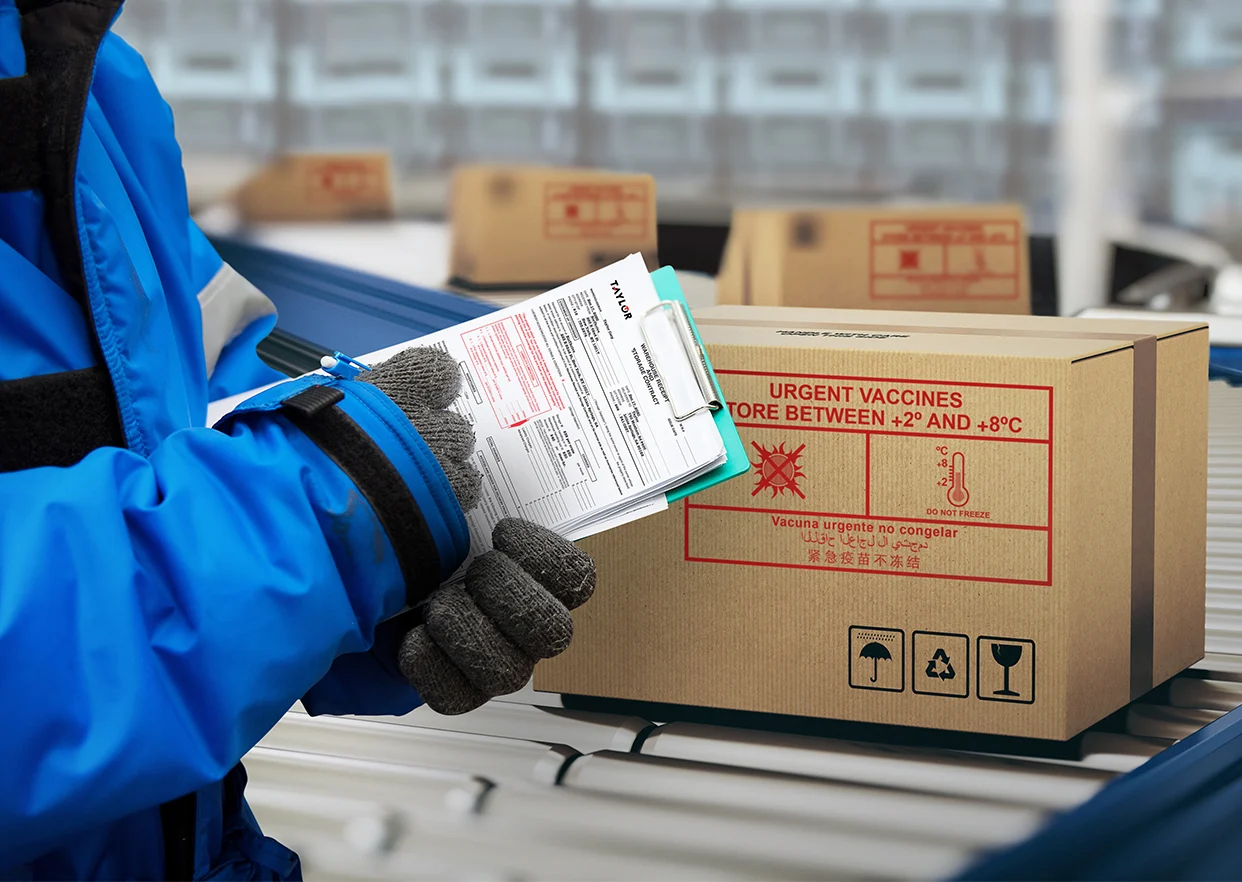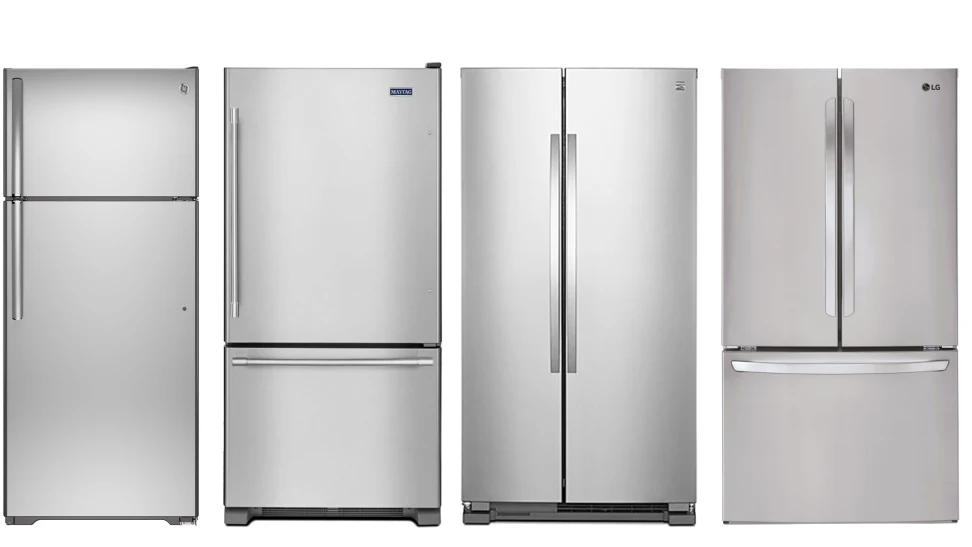In the Tampa Bay region, medical facilities, laboratories, and healthcare providers rely heavily on precision and timing when it comes to transporting temperature-sensitive materials. Whether it is a blood sample, diagnostic specimen, vaccine, or biological product, maintaining integrity during transit is not a luxury; it is a necessity. It is a standard of care. Medical couriers play a key role in safeguarding the cold chain—the controlled, temperature-stable environment that ensures samples remain viable and undamaged until they reach their destination.
Understanding the Cold Chain Process
The term “cold chain” refers to the uninterrupted series of temperature-controlled environments and protocols involved in storing and transporting perishable or temperature-sensitive products. For the medical industry, this encompasses biological samples, pharmaceuticals, vaccines, tissue specimens, and other related products.
Maintaining proper temperature from the point of collection through final delivery is essential for accurate diagnostics and successful treatments. This chain of custody is particularly important for time-sensitive materials that may degrade or become unusable if exposed to temperature fluctuations.
Specialized Packaging and Insulated Transport Systems
Cold chain delivery requires more than a refrigerated van. Professional medical couriers use validated insulated packaging, gel packs, dry ice, thermal containers, and real-time temperature indicators to maintain consistent conditions.
These materials are chosen based on the nature of the sample being transported. For example, refrigerated samples typically require a temperature range of 2°C to 8°C, while frozen samples require temperatures below 0°C.
Transport containers are often preconditioned and carefully sealed to reduce the risk of contamination or exposure. Couriers are trained to handle packaging properly, avoiding unnecessary delays or temperature changes caused by mishandling.
Real-Time Monitoring and Documentation
Many advanced courier services utilize GPS tracking and temperature-monitoring systems, providing real-time visibility of the status of each shipment. These systems allow both courier companies and healthcare clients to monitor temperature consistency throughout the journey.
Temperature logs and delivery timestamps are documented, and a chain of custody record is maintained for compliance and traceability. Should an issue arise, this data can be reviewed to pinpoint any disruptions or inconsistencies.
Real-time alerts and contingency planning help ensure rapid response in case of unexpected delays, extreme weather, or equipment malfunction.
Regulatory Compliance and Training
Medical couriers must adhere to strict regulations, including those set forth by the Department of Transportation (DOT), the Centers for Disease Control and Prevention (CDC), and the Occupational Safety and Health Administration (OSHA).
Transport of diagnostic and infectious specimens falls under guidelines for hazardous materials. Couriers are trained in OSHA-compliant bloodborne pathogen handling, biohazard transport labeling, and HIPAA requirements for protecting the privacy of medical data.
Compliance ensures not only the safety of the transported items but also the safety of drivers, recipients, and the general public. Companies must remain current with evolving federal and state regulations to maintain certification and good standing.
Time-Sensitive Service and Route Optimization
Medical deliveries often come with a narrow time frame. Standard services include stat orders, same day courier, and scheduled recurring routes. Couriers utilize route optimization software and detailed scheduling to strike a balance between efficiency and reliability.
In many cases, dedicated medical routes are designed to minimize stops and reduce transit time. Professional dispatchers and drivers collaborate to minimize traffic delays, reroute around closures, and ensure the timely delivery of samples.
By minimizing the time in transit and maintaining stable temperature conditions, medical couriers ensure the usability of each sample, allowing healthcare providers to proceed with testing or treatment without delay.
From insulated packaging to real-time monitoring and regulatory compliance, medical courier services play a vital yet often overlooked role in modern healthcare. For clients across Tampa Bay seeking dependable cold chain logistics, Interstate Courier Service offers trusted and professional delivery services that ensure medical samples arrive safely, securely, and on time.





